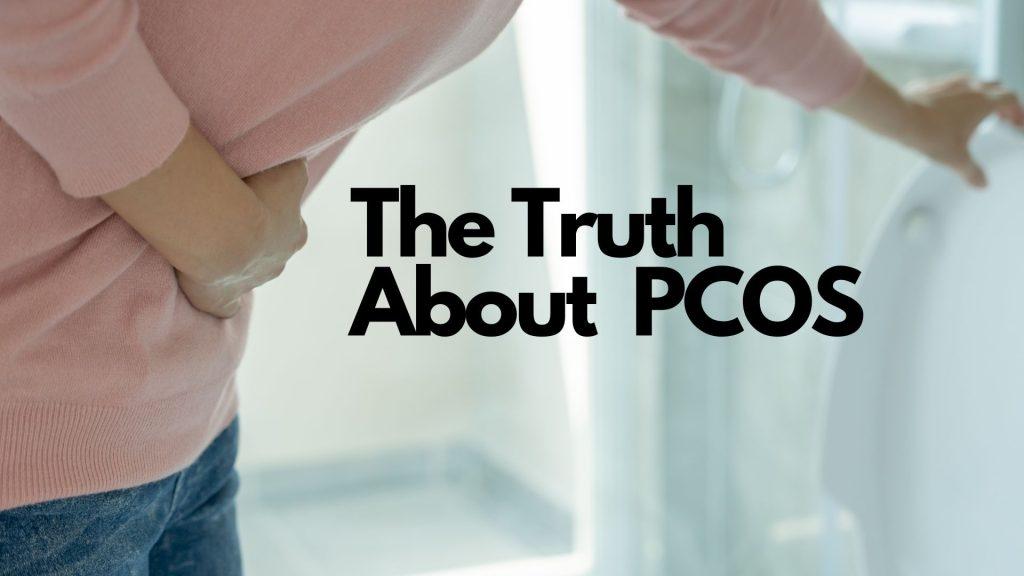
Polycystic Ovary Syndrome (PCOS) is the most prevalent hormonal condition affecting women globally. It can cause a myriad of health issues, such as infertility, weight gain and diabetes. Importantly, recognizing the signs and symptoms of PCOS is absolutely key to getting diagnosed early and managing PCOS effectively. So let’s get into details about PCOS in this blog and understand what PCOS is, its causes, symptoms and possible treatments.
What Is PCOS?
PCOS is a hormonal imbalance in women. Women with PCOS have elevated levels of male hormones (called androgens),. which can result in irregular menstrual cycles, cysts in the ovaries and other health problems. The precise cause of PCOS is thought to involve genetic, hormonal, and lifestyle influences.
Causes of PCOS
The exact cause of PCOS is not known, but multiple factors can lead to its development:
Hormonal Imbalance
High levels of androgens (male hormones) disrupt normal ovulation.
Insulin at elevated levels can increase androgen production.
Insulin Resistance
Many women with PCOS are insulin resistant, which means their bodies don’t respond well to insulin.
Genetic Factors
PCOS runs in families.
A family history of PCOS (your mom, sister had PCOS).
Inflammation
High levels of inflammation are common in women with PCOS, too.
Inflammation is associated with excess androgen synthesis and other metabolic abnormalities.
Lifestyle and Diet
Insulin resistance and gain weight from poor diet and physical activity
Obesity aggravates PCOS symptoms.
Common Symptoms of PCOS
Symptoms of PCOS vary from one person to another. Some women have mild symptoms, and others have serious complications. The most frequent symptoms are as follows:
Irregular Menstrual Cycles
Menstruation can be rare, missing or extended.
Some women experience heavy bleeding during their cycles.
Hirsutism or Excessive Hair Growth
High levels of androgen can cause unwanted hair to grow on the face, chest, or back.
Acne and Oily Skin
Persistent acne as well as oily skin — hormonal imbalances can exacerbate these.
Eating Excess or Becoming Overweight
Many women who suffer from PCOS tend to suffer from obesity especially at the waist.
Thinning Hair or Hair Loss
Others have male-pattern baldness from excess androgens.
Dark Patches on Skin
Dark areas may appear on the neck, armpits, and other regions due to insulin resistance.
Fertility Issues
This can make conceiving more challenging.
PCOS is a common cause of infertility in women.
Fatigue and Mood Changes
Women with polycystic ovary syndrome are often fatigued and depressed and anxious.
Diet in PCOS: What to Eat and What to Avoid
Diet is an important factor in PCOS management. Dietary Recommendations: Here are a few:
Foods to Eat
Foods high in fiber (vegetables, fruits, and whole grains)
Lean proteins (chickpea, fish, tofu, eggs)
Good fats (avocados, nuts, olive oil)
Anti-inflammatory foods (berries, tomatoes, leafy greens)
Foods to Avoid
Processed and sugary foods (white bread, pastries, soda)
Trans fats (fried foods, margarine, processed snacks)
Dairy and gluten (some women say these make symptoms worse)
PCOS Treatment Options
PCOS does not have a cure, but there are treatment options that help manage symptoms:
Lifestyle Changes
But daily exercise (at least 30 minutes)
There is no question that a balanced diet with low sugar and healthy fats
Stress management techniques (yoga, meditation)
Medications
First line treatment (birth control pills) to regulate menstrual cycles
Increased glucose lower by metformin
Anti-androgen drugs to prevent excessive hair growth
Natural Remedies
Herbal supplements, such as spearmint tea and inositol
Ride good sleep habits
Decreasing Inflammation with an Anti inflammatory diet
Fertility Treatments
Clomid is an ovulation-inducing medication
Such cases undergo In-vitro fertilization (IVF)
Conclusion
PCOS is a multifaceted disorder that impacts many facets of a woman’s health. With lifestyle changes, a healthy diet and medical help, women with PCOS can live healthy and fulfilling lives. See a health care provider for guidance if you think you have PCOS.
